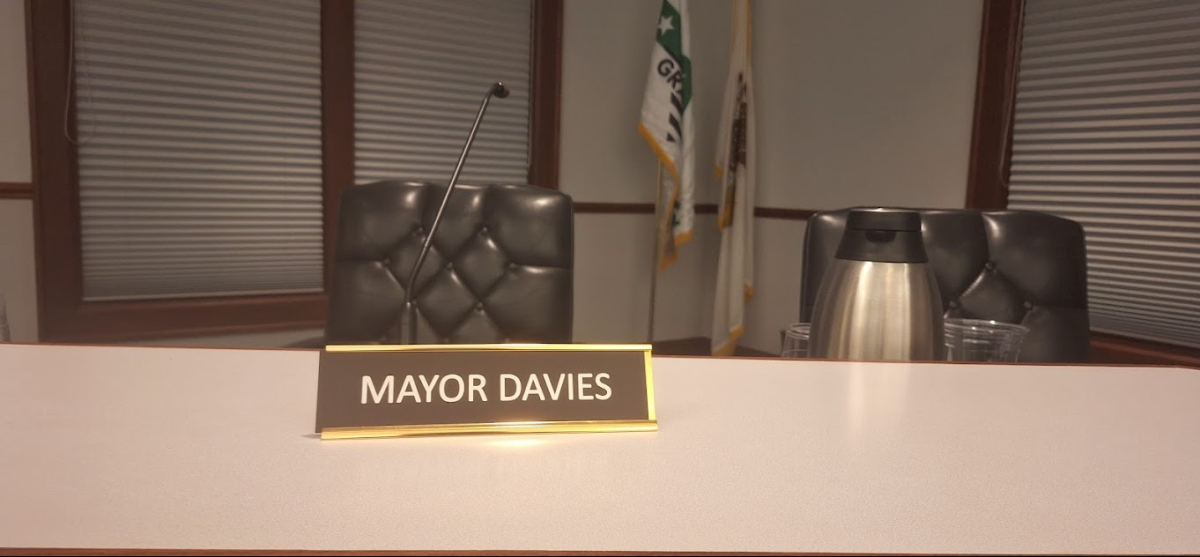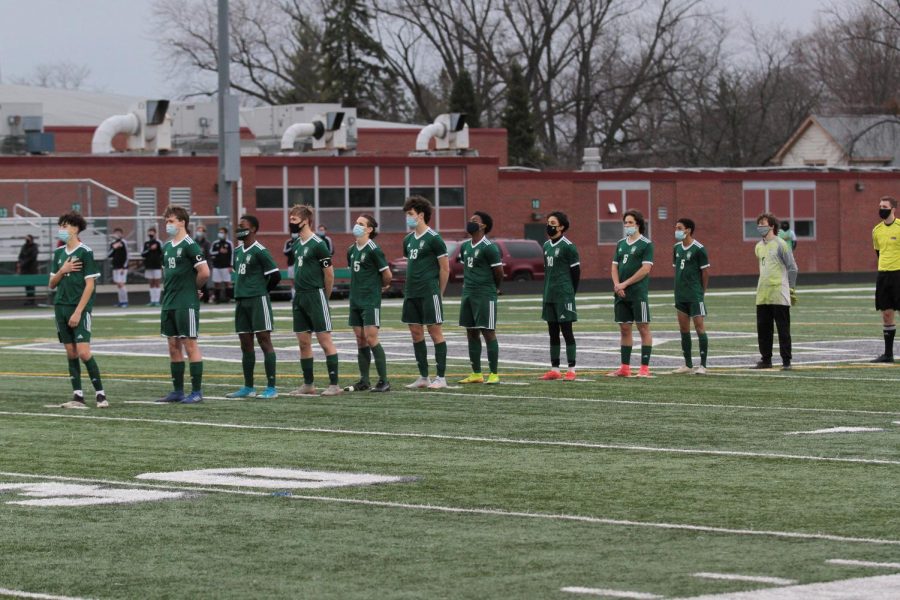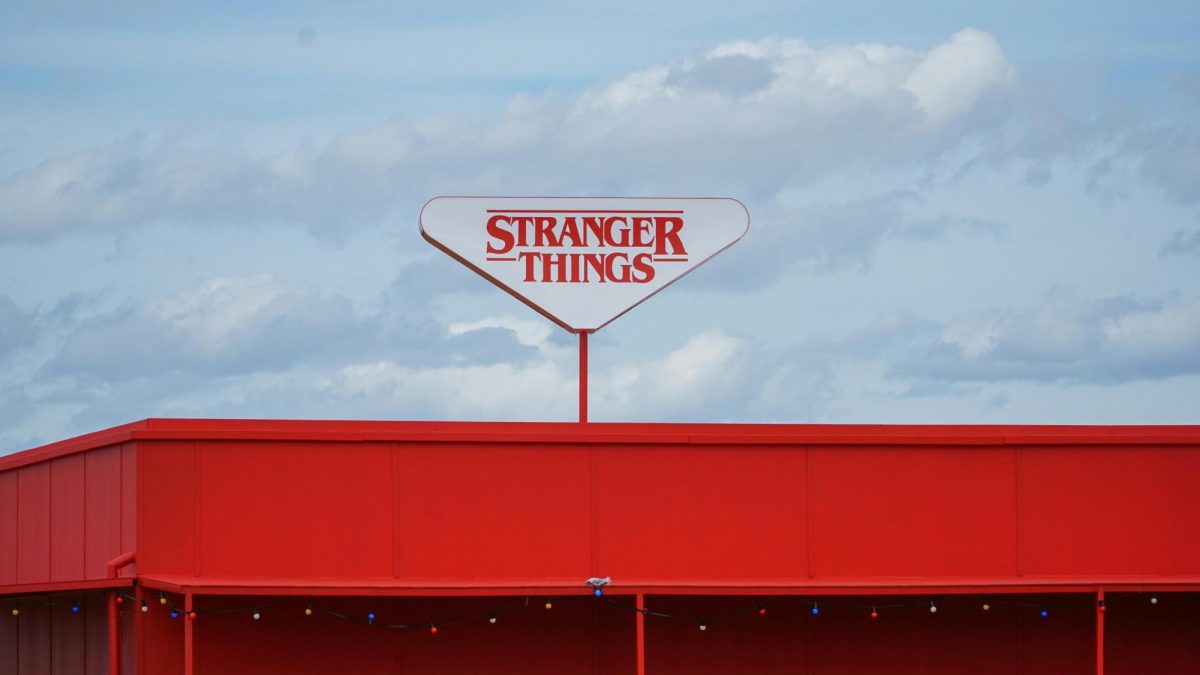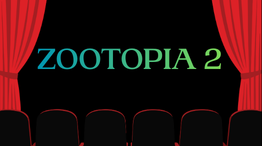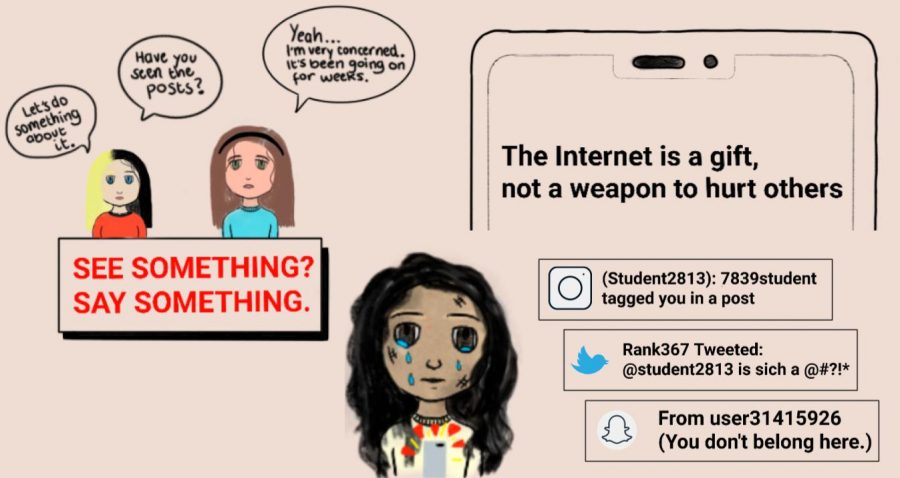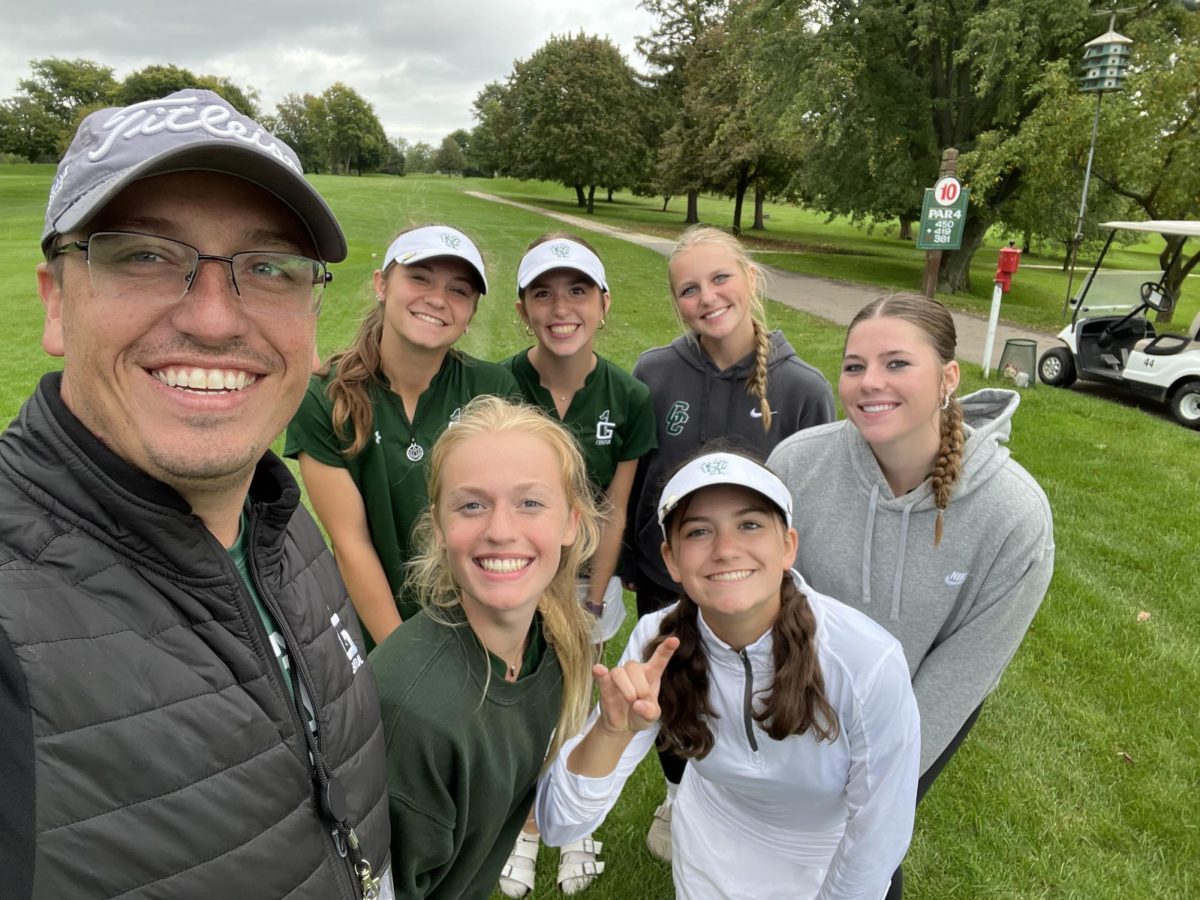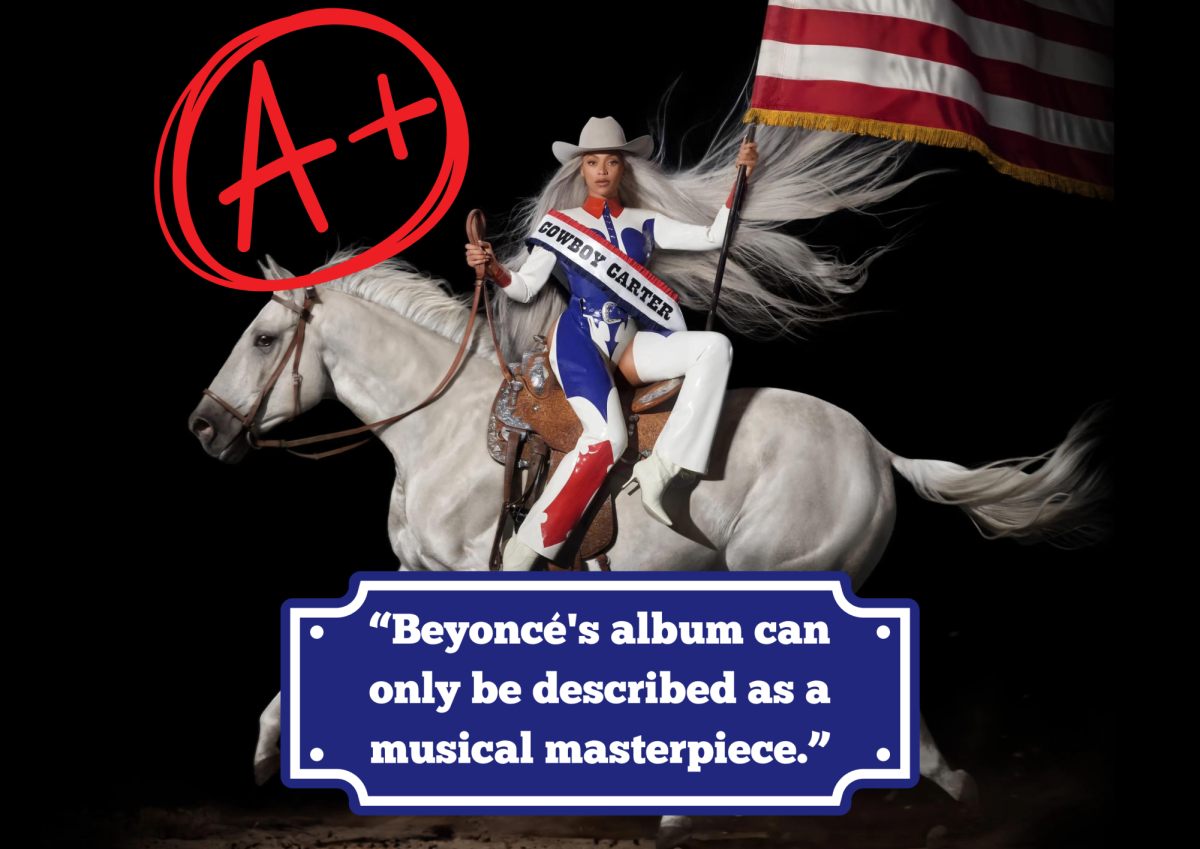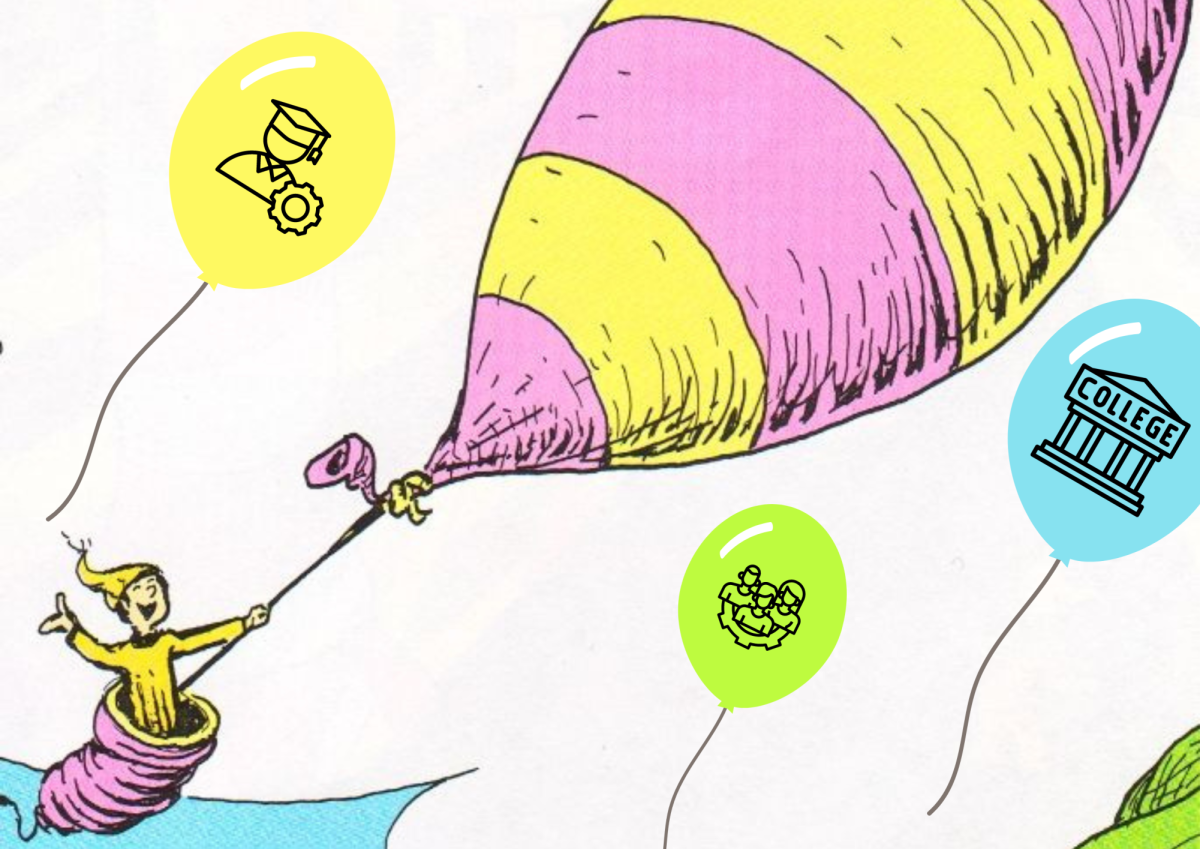For some, Valentine’s Day is a holiday that is exciting and something to look forward to in February. It’s an opportunity to give gifts to the person you love most, a day to be alone with your partner, a moment to cherish them and be cherished right back. Unfortunately, for other people, it may also cause distress and anger for various different reasons. Societal standards often pressure people to be in relationships because society makes people think that they are not whole on their own. This phenomenon is known as amatonormativity, which is defined as the assumption or idea that all human beings pursue love or romantic relationships, and see them as an end goal, according to Smith College in Massachusetts. This phenomenon can be extremely harmful, as it can pressure people to be in relationships too early or with people they don’t actually like, or can make people feel like they’re broken or like they’re outcasts for not having a partner. This phenomenon especially can affect people who identify as aromantic. Aromantic people feel little to no romantic attraction, and this lack of romantic attraction sometimes leads to anger or sadness during love-centered holidays like Valentine’s Day. Amatonormativity affects everyone, as it can often cause people to feel pressured to be in a romantic relationship with someone else. Everyone gets afraid of being lonely sometimes; humans are naturally social creatures that wish to be around others at least to some extent. Because of this fear of loneliness, some people may pursue relationships that they aren’t ready for with people they aren’t really interested in, which can cause dread and loathing on both sides in some instances. I can speak from experience when I say that holidays like Valentine’s Day can cause loneliness and sadness, whether it’s because of a lack of a partner or a queer identity complicating things. One can’t help but look at happy couples in the halls and envy them, wishing that they could have the same. However, part of breaking down amatonormativity is acknowledging that romantic relationships and love in general aren’t everything; emphasizing that a person is whole on their own and is perfectly capable of being happy on their own, with their own terms and conditions. In the modern world, this is what I like to see Valentine’s Day as a celebration of: A celebration of the love for others, be it love for friends, family, or partners, alongside a love or respect for oneself. A day to appreciate everyone that matters to you in your life, as well as a day to be kind to yourself no matter your relationship status. “I think [Valentine’s Day] is very nice for people who are in a relationship, and people who are not,” said freshman Addie Zahm. Variations and new perspectives of Valentine’s Day, such as Galentine’s Day, have risen to popularity in recent years, showcasing that romantic love does not have to be the center of each meaningful relationship. They put non-romantic love on the forefront, emphasizing the passion one has for their friends, family, or even themselves. I believe that this concept- and similar ideas- is a very positive development for people young and old alike. The emphasis and focus is centered around not requiring romantic relationships to be a whole person, and that a person can be perfectly happy without such developments. It’s important that self-care and self-love is put into the forefront so much because there are multiple instances where people have felt pressured to be in a relationship with someone they did not wish to be in a relationship with, myself included. This feeling of pressure can be caused by many factors. From my experience, most of the time the pressure stems from a wish to fit in and be seen as normal by others, so it commonly affects young LGBTQ+ people as their identity is not always seen as normal by others. By giving spotlight to non-romantic love, however, Valentine’s Day receives a new meaning that is far more positive and powerful than the initial concept, as well as more helpful for younger people who are figuring themselves out. The rebranding of Valentine’s Day is a good development for the future in terms of breaking down amatonormative ideals that are so rooted in our society and ideas of social interaction, and I only hope that the concept of celebrating all kinds of love, as well as celebrating those who lack the feelings of “love” all together, can be a new path for the future of the holiday.
Categories:
All You Need is Love?
Mirabella Chiodi, News Editor
April 17, 2024

Rambassadors greet students at the bus doors with valentines and candy on February 14, 2024. Photo courtesy of Barry Goldman.
More to Discover




